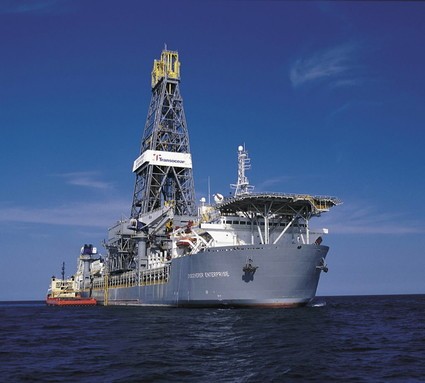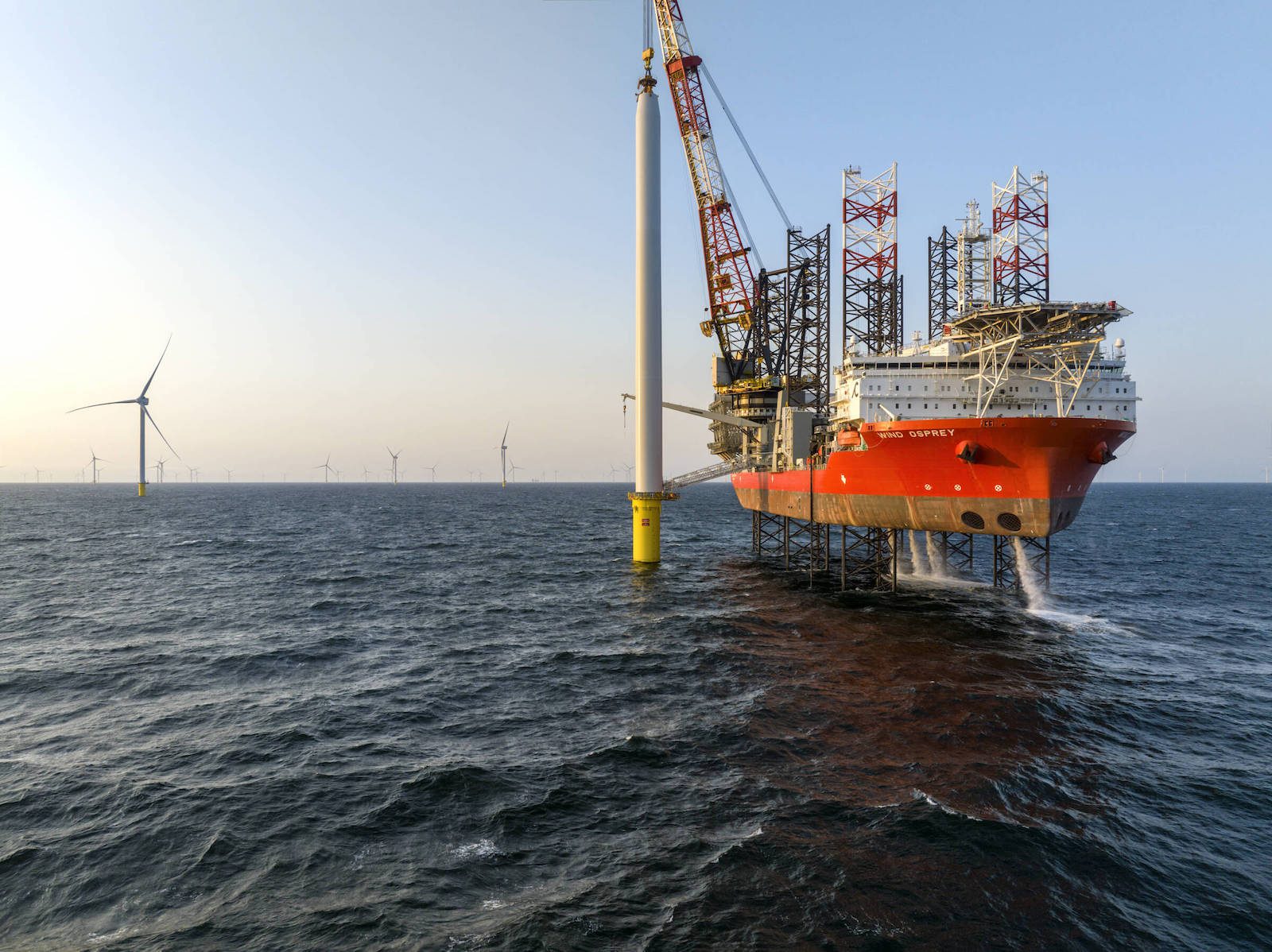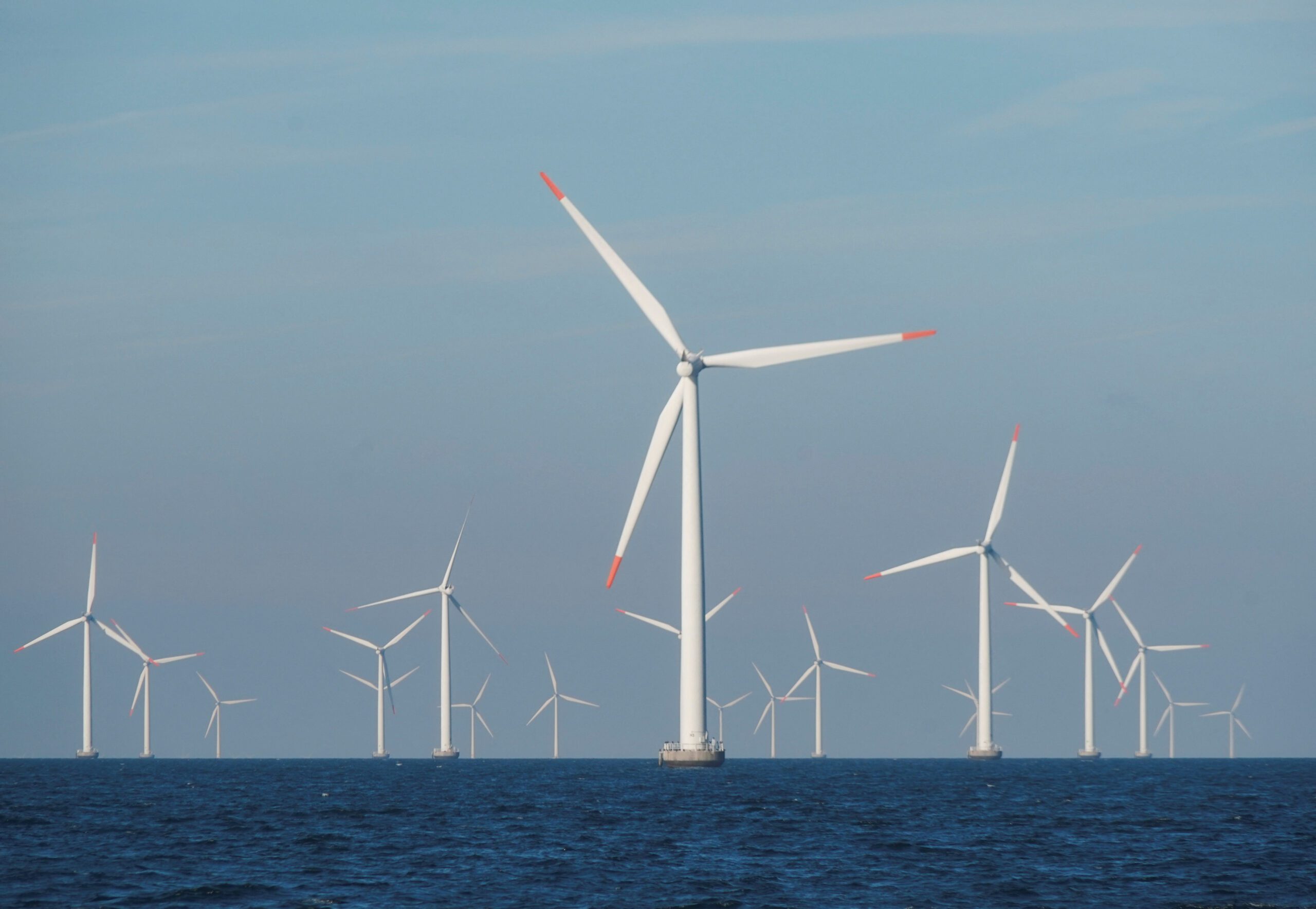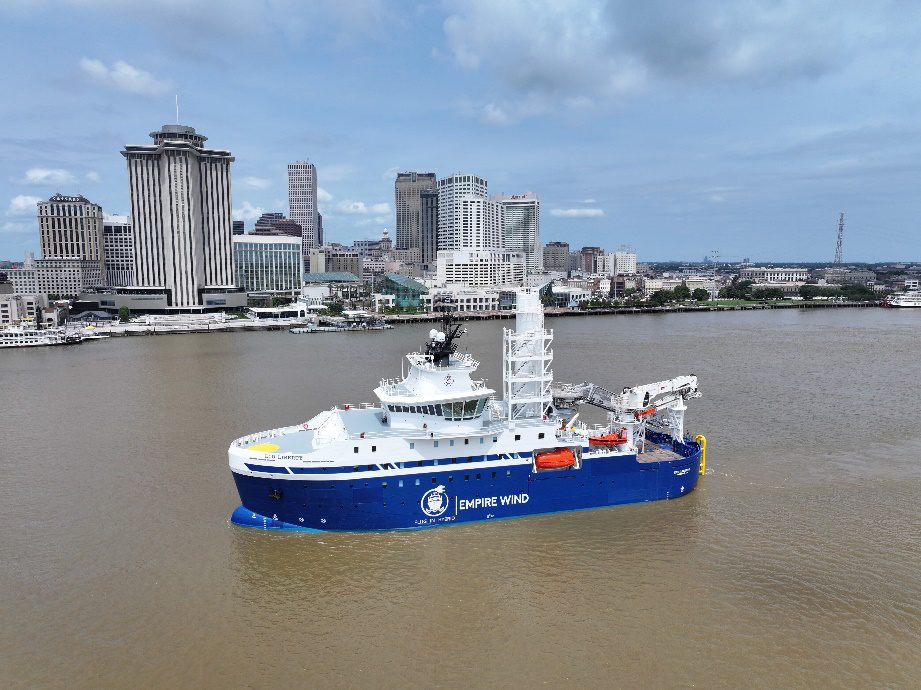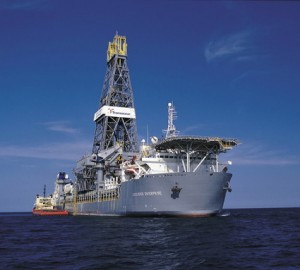 HOUSTON—Transocean Ltd.’s first-quarter profit dropped 54% as the driller’s utilization rate continued to slide, and results missed Wall Street expectations.
HOUSTON—Transocean Ltd.’s first-quarter profit dropped 54% as the driller’s utilization rate continued to slide, and results missed Wall Street expectations.
Transocean is among the oil-and-gas companies contending with a web of lawsuits stemming from their roles in the Deepwater Horizon drilling-rig explosion last year in the Gulf of Mexico, which killed 11 people and caused the biggest offshore oil spill in U.S. history. Transocean owned the rig, which was leased to BP PLC. A drilling moratorium imposed after the April 2010 explosion was officially lifted late last year, but U.S. authorities have been slow to award new deep-water drilling permits.
Transocean still does business with BP and other contractors that worked on the Deepwater Horizon, though BP America President Lamar McKay said Tuesday the producer is re-evaluating its relationships with contractors.
The owner of the world’s largest offshore drilling fleet also faced intense criticism after a March securities filing called 2010 its “best year in safety performance” despite the scope of the fatal Deepwater Horizon disaster. Five executives eventually donated the safety-contingent bonuses they received for the technically low-incident year, and the company apologized for its wording in the filing.
Transocean posted a first-quarter profit of $310 million, or 96 cents a share, down from $677 million, or $2.09 a share, a year earlier. The latest quarter included a net benefit of 43 cents after gains on asset sales and other items, partially offset by six cents in expenses tied to the Macondo well incident. Revenue decreased 17% to $2.14 billion.
Analysts polled by Thomson Reuters predicted a 77-cent-per-share profit on revenue of $2.24 billion.
Average daily revenue fell 2.3% from the previous year but rose 5.7% from the previous quarter, while utilization rates fell to 55% from 66% and 58%, respectively.
While the utilization rate was worse than analysts expected, Transocean missed profit forecasts “mainly on a significantly higher-than-expected effective tax rate,” said Dahlman Rose & Co. analyst James Crandell.
Transocean’s effective tax rate was 33.1%, “significantly higher” than the 15%-17% the company’s management told investors to expect, Mr. Crandell said. The impact of the higher taxes trimmed about 16 cents per share from Transocean’s profits, he wrote in a client note.
(c) 2011 Dow Jones & Company, Inc.

 Join The Club
Join The Club



